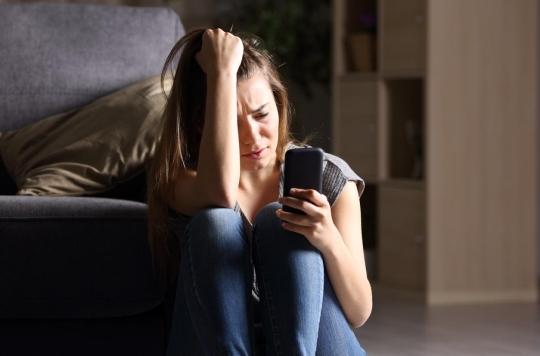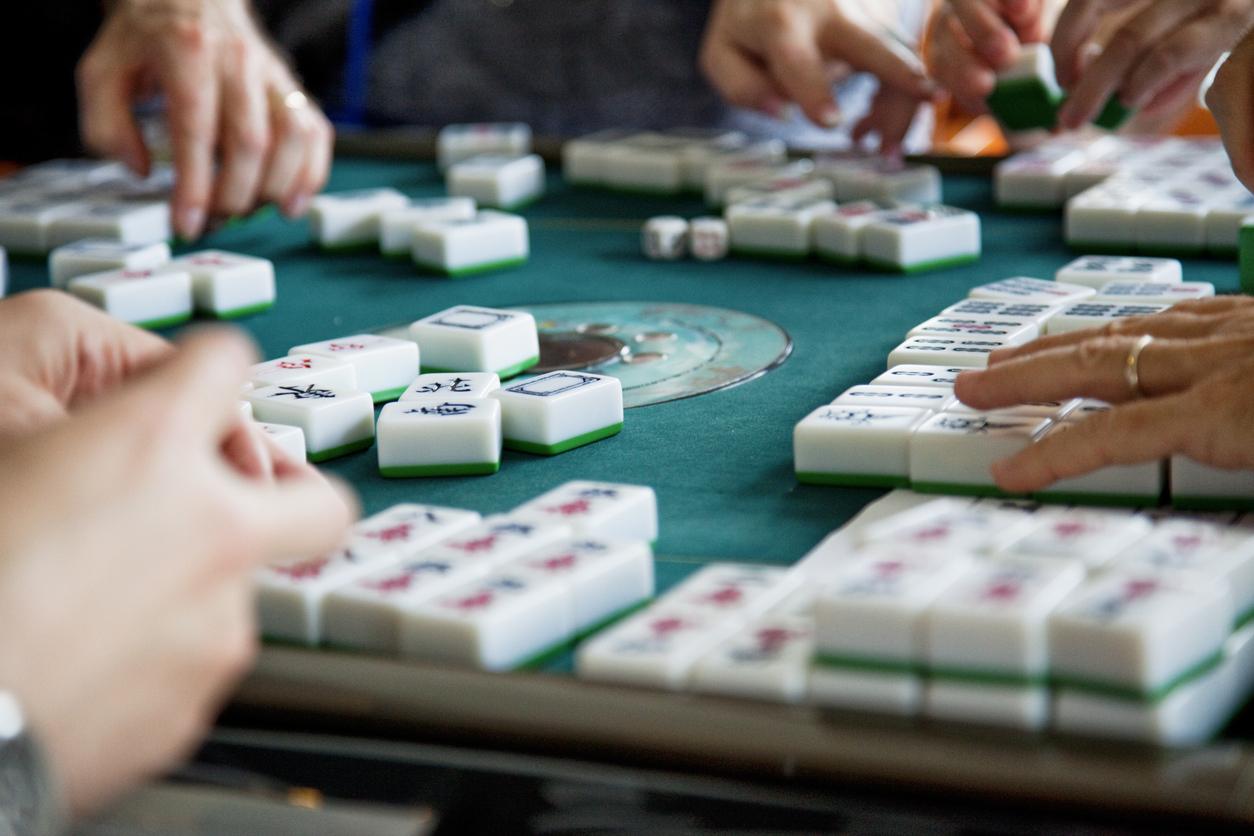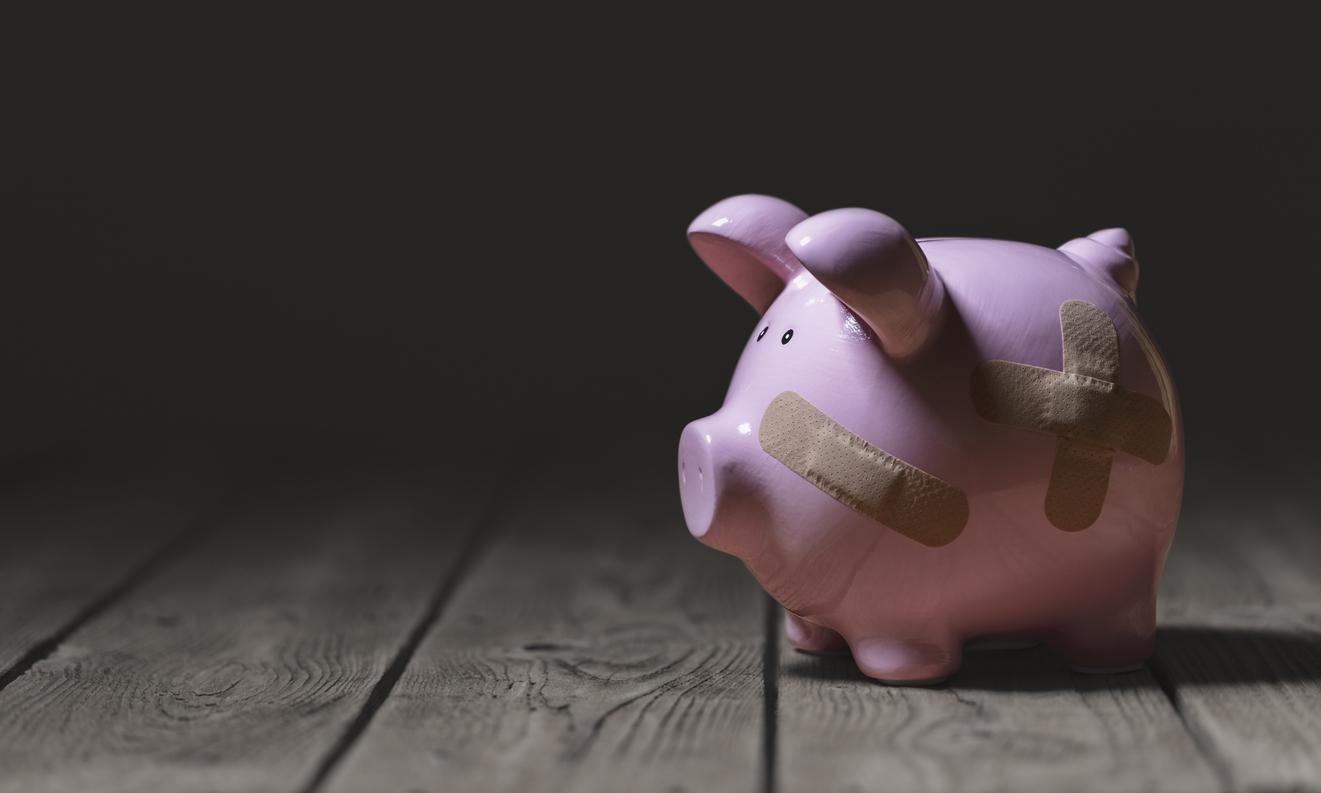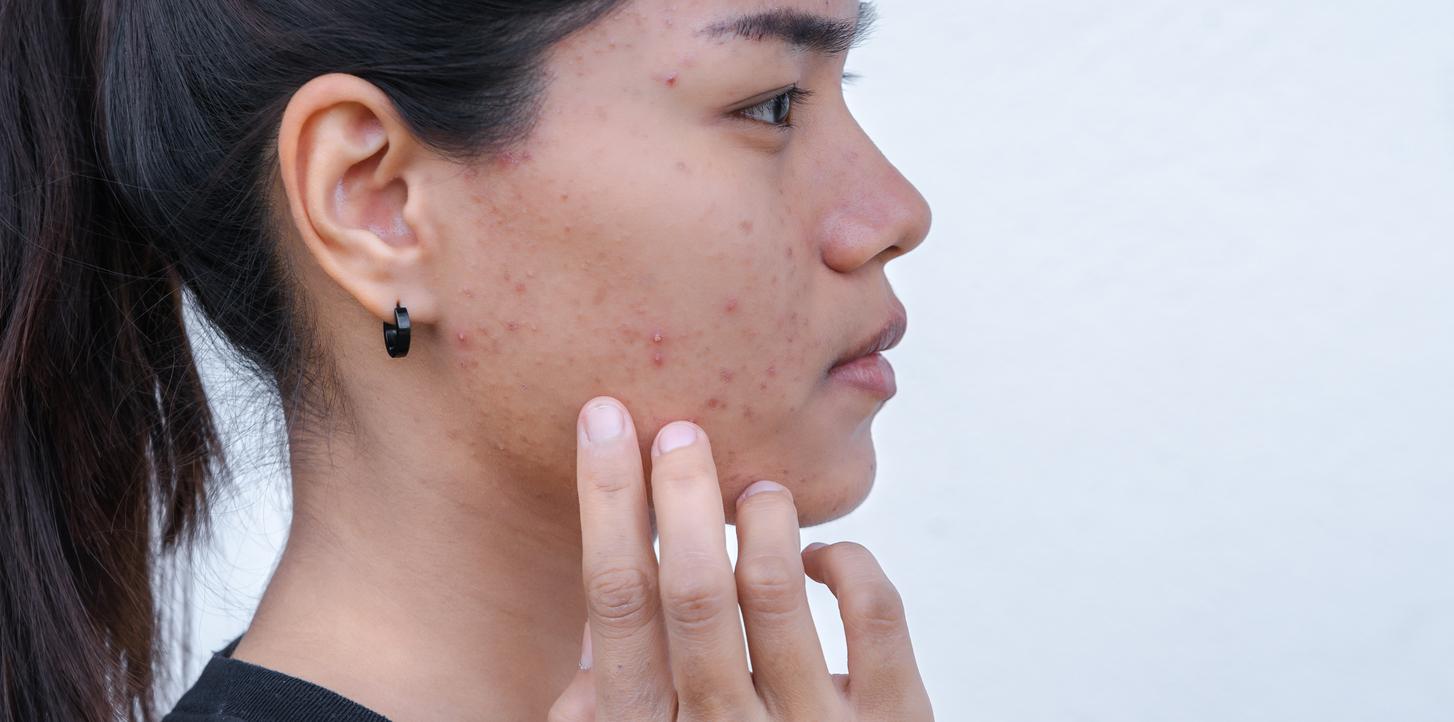According to a recent Ipsos survey commissioned by the association Féministes contre le cyberharsement, 41% of citizens have experienced at least one situation of cyberviolence during their life in France. This massive phenomenon can have serious repercussions on the life and health of the victims. What is the impact of this online violence? Explanations.

- In nearly two-thirds of cases, victims of digital violence know the true identity of the attacker.
- 31% of French people admit having been at the origin of a situation of cyberviolence.
- More than one in ten people who have experienced cyberviolence have tried to kill themselves voluntarily.
- On December 22, youtuber Maëva Frossard, better known as Mava Chou, committed suicide at the age of 32 because of the cyberbullying she suffered.
Insults, threats, slut-shaming, spreading rumours, revenge porn… These different types of violence carried out through digital tools (Internet, laptops, video games…) are called “cyberviolence”. In France, almost half (41%) of people said they had been victims of violence on a social network, instant messaging, by SMS, on a forum or a dating application. This is the observation made by an Ipsos poll, commissioned by the association Féministes contre le cyberharsement, published on February 9. This survey, which takes stock of online violence in France, was conducted among 1,008 people over the age of 18 from November 2 to 4, 2021.
The youngest are particularly affected by cyberviolence
According to the results, this increasingly widespread phenomenon particularly affects the youngest age groups. And for good reason, 87% of 18-24 year olds admitted to having been confronted with at least one situation of cyberviolence and 67% of young adults indicated that they had suffered digital violence several times.
Children are not as spared from cyberviolence. According to the survey, 31% of parents said their children had been the victim of online violence at least once and around one in ten parents admitted that they did not really know what was happening to their child.
Another target of cyberviolence: people belonging to minorities. The data revealed that 85% of LGBTQIA+ people and 71% of racialized people have already experienced violence carried out through digital tools.
Impact on the lives and health of victims
The survey reported that cyberviolence has serious consequences on the health of the victim. “The psychological and social consequences of cyberviolence are numerous and significant for the victims, even more when it comes to children, women and people belonging to minority groups”, can we read in the study. As proof: 22% of the participants unsubscribed from social networks, 11% declared that they had lost their job or missed their studies following the violence, 41% of them felt depressed or hopeless and 16% that they deserved this that happened to them.
In some cases, cyberviolence can lead to suicide. The survey revealed that 17% of the victims have already thought of voluntarily killing themselves. “The recurrence of online attacks amplifies the consequences for victims: almost half (45%) of people who have been victims of the dissemination of degrading or intimate photos and videos on several occasions have thought about suicide”, she details.
An application against cyberviolence
“The fight against this violence still relies mainly on the victims, who, for lack of satisfactory remedies in terms of reporting and legal proceedings, develop self-defense strategies that tend to restrict their freedom of expression”, specified the association Feminists against cyberbullying.
To better combat this online violence, the government has supported the launch of the 3018 application (free, anonymous and confidential number for young people who experience cyberviolence). This application aims to provide rapid and comprehensive support for child victims of digital violence. It allows victims to chat with professionals and store evidence of the harassment experienced.
“The report will be transmitted to social networks so that they can delete the accounts or content in question within a few hours, or to the Pharos platform, the official portal for reporting illegal content on the internet, for the most serious cases”, can we read on French administration website.
.

















